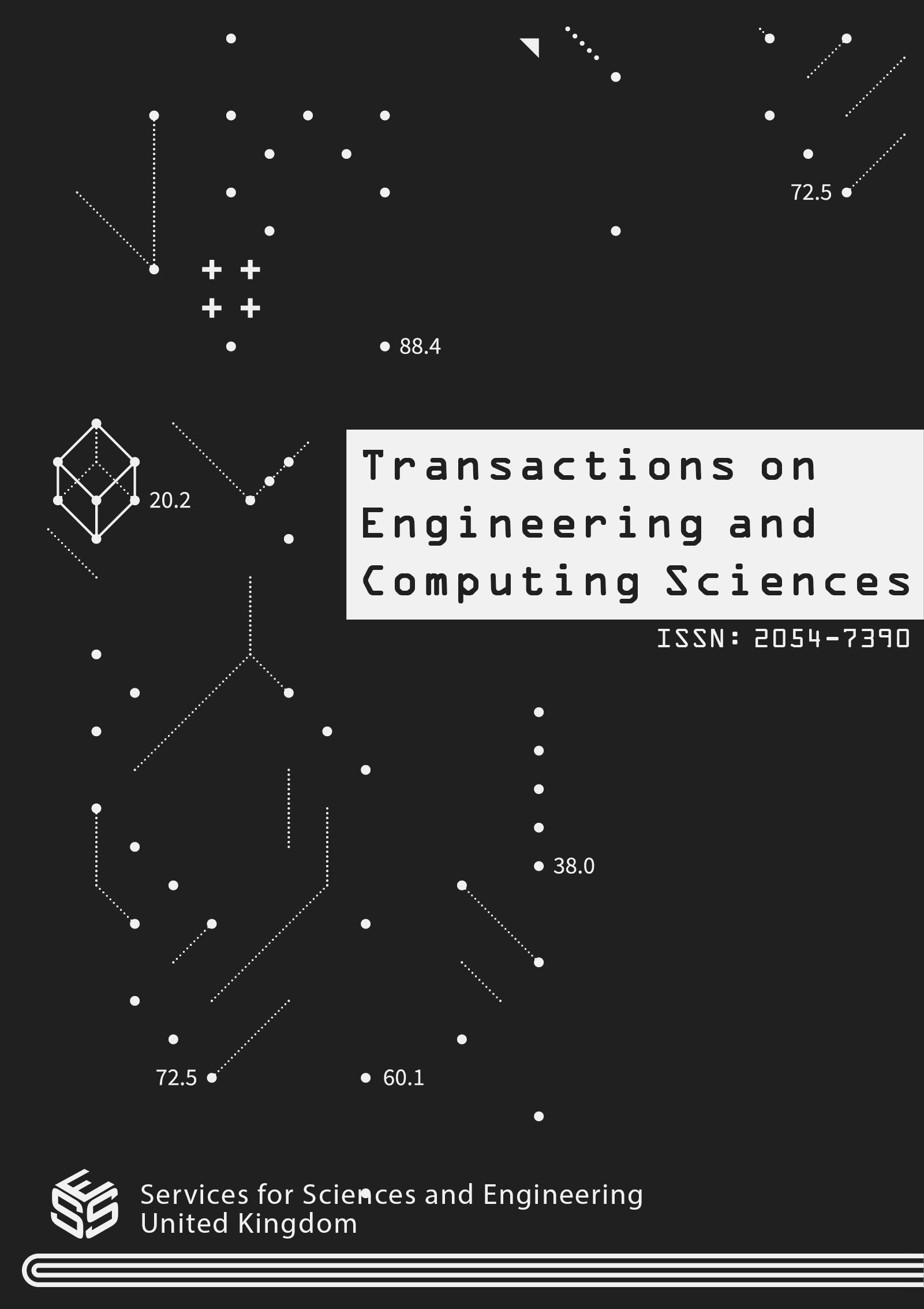Empowerment Faculty and Institutional Leaders with Autonomy and Accountability, and Enhance their Professional Development and Career Progression as per NEP-2020 - Higher Education Transformations in India
DOI:
https://doi.org/10.14738/tecs.116.15866Abstract
This empowerment aims to provide them with greater autonomy and accountability, fostering their professional development and career progression. This transformational initiative recognizes the critical role educators and leaders play in shaping the future of higher education in India. Higher education transformations in India are the changes NEP 2020 addresses the lack of a clear and consistent policy framework and regulatory mechanism for the higher education sector, resulting in fragmentation, duplication, and inefficiency, in various ways, such as: and innovations that are taking place in the Indian higher education sector to improve its quality, relevance, accessibility, and impact. Some of the factors that are driving these transformations. It proposes to establish a National Research Foundation (NRF), which will provide funding and support for research and innovation across disciplines and domains, and will facilitate collaboration and networking among the researchers, the HEIs, and other stakeholders . The NEP 2020 recognizes that the faculty and institutional leaders are the heart of the learning process, and their quality and motivation are crucial for improving the educational outcomes and achieving excellence. The National Mission for Mentoring (NMM) is a new initiative that aims to improve the quality and motivation of the teachers and institutional leaders in the higher education sector in India. It is based on the vision of the National Education Policy (NEP) 2020, which recognizes the pivotal role of the faculty and institutional leaders in the learning process and the educational outcomes. The NEP 2020 proposes to create a merit-based system of recruitment, promotion, and recognition for the faculty and institutional leaders, and provide them with adequate support, incentives, and opportunities for continuous learning and growth. The NEP 2020 envisages to grant greater autonomy and flexibility to the higher education institutions (HEIs) in terms of academic, administrative, and financial matters, while ensuring transparency, accountability, and public disclosure of their performance and outcomes. One possible way to improve the quality and excellence of the higher education sector, which can enhance the learning outcomes and employability of the students, and contribute to the economic, social, and cultural development of the country, is to implement the recommendations of the National Education Policy (NEP) 2020. The NEP 2020 is a comprehensive and visionary document that aims to transform the higher education system in India by making it more multidisciplinary, holistic, flexible, innovative, inclusive, and equitable. To establish a new regulatory framework for the higher education sector, which will be based on the principles of 'light but tight', and will consist of four independent verticals: the Higher Education Commission of India (HECI) for regulation, the National Higher Education Qualification Framework (NHEQF) for standard-setting, the General Education Council (GEC) for accreditation, and the National Higher Education Regulatory Council (NHERC) for funding. To enhance the internationalization of the higher education sector, by facilitating the mobility and exchange of students, faculty, and institutional leaders, by encouraging the establishment of offshore campuses and twinning arrangements, by attracting foreign students and faculty, and by promoting the Indian languages, arts, and culture abroad .We can give you an example of a successful transformation project in Indian higher education. One such project is the Education Quality Upgradation and Inclusion Programme (EQUIP), which was launched by the Ministry of Human Resource Development (MHRD) in 2019. EQUIP aims at ushering transformations in India’s higher education system by implementing strategic interventions in the sector over five years (2019 – 2024).
Downloads
Published
How to Cite
Issue
Section
License
Copyright (c) 2023 P. Bhaskara Reddy, R. Praveen Reddy, A. Vijaya Sarada Reddy

This work is licensed under a Creative Commons Attribution 4.0 International License.






